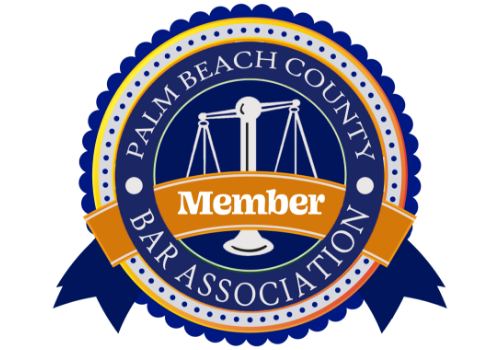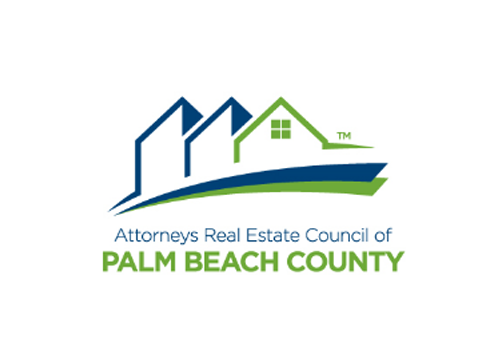
Law Blog
New Florida Squatter Removal Law: Legal Remedies for Property Owners

Understanding the New Florida Squatter Removal Law
By: John M. Jorgensen, Esquire
A new Florida Statute has been enacted effective July 1, 2024 giving property owners a new legal remedy to remove squatters from property.
What the New Law Means for Property Owners
The new statute is limited in scope but under certain circumstances it will aid property owners to remove unauthorized persons from residential property by enlisting the aid of the local sheriff. The new law requires that the unauthorized person or squatter has unlawfully entered and remained on the property. Thus the statute would not apply if someone enters lawfully but then refuses to leave. In that situation, a civil action for unlawful detainer would have to be brought.
Eligibility Criteria for Utilizing the Squatter Removal Statute
The new law further requires:
- that the residential property not be open to the public when the squatter enters the property,
- that the squatter is not a current or former tenant,
- that the squatter is not an immediate family member of the property owner, and
- that there is no pending litigation between the property owner and the squatter.
Steps to Legally Remove Squatters Under Florida Law
If the requirements of the statute are met then a property owner can use the form in the statute to file a complaint with the sheriff. Upon receipt of the complaint, the sheriff must verify that the person submitting the complaint is the property owner and that the complaint otherwise meets the requirements of the statute. The sheriff then without delay delivers notice to the occupant to immediately vacate the dwelling. The sheriff may also arrest the person in possession for trespass, outstanding warrants, or any other legal cause.
Potential Legal Risks and How to Mitigate Them
Be forewarned though, if someone is wrongfully removed by using the new law then the person harmed by such removal can bring a civil lawsuit against the property owner. In such instance, the wrongfully removed person can sue to be restored to possession of the property and be awarded actual costs and damages, statutory damages equal to triple the fair market rent of the dwelling, court costs, and attorney’s fees. Property owners must therefore make sure that they meet all the requirements of the statute before utilizing it.
The new law has its limitations but it can be a powerful remedy especially in situations where unwanted squatters may pose a threat to the safety of property owners, are engaged in criminal activity, or are causing significant damage to a dwelling.
The information provided in this article does not, and is not intended to, constitute legal advice; instead, all information, content, and materials available in this article are for general informational purposes only. Information in this article may not constitute the most up-to-date legal or other information. Readers should contact an attorney to obtain advice with respect to any particular legal matter. No reader, user, or browser of this article should act or refrain from acting on the basis of information in this article without first seeking legal advice from counsel in the relevant jurisdiction. Only your individual attorney can provide assurances that the information contained herein – and your interpretation of it – is applicable or appropriate to your particular situation.
The views expressed at, or through, this site are those of the author writing in their individual capacity only – not those of Scott-Harris as a whole. All liability with respect to actions taken or not taken based on the contents of this site are hereby expressly disclaimed. The content on this posting is provided “as is;” no representations are made that the content is error-free.
recent post


Navigating Lease Approval in South Florida Business Sales: A Guide
April 8, 2024
No Comments

Secure Success with a South Florida Business Sale Attorney
April 4, 2024
No Comments









